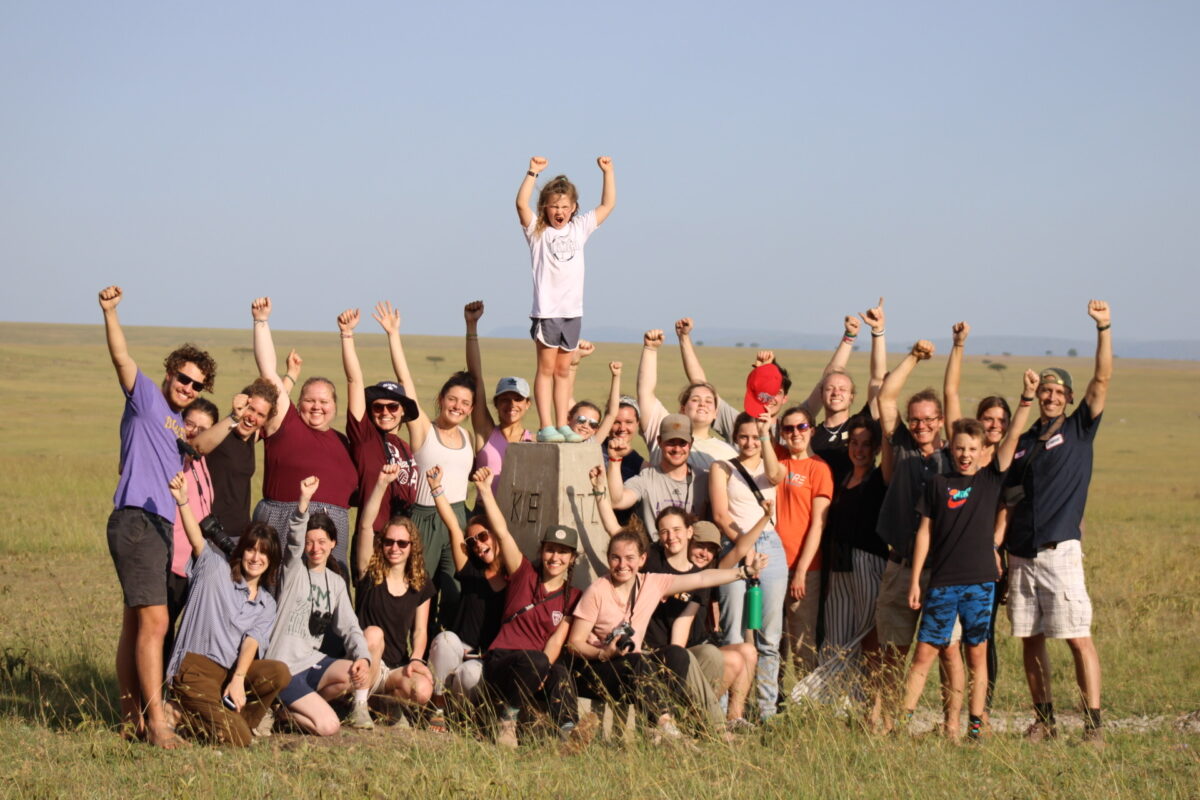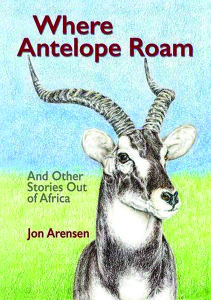By Jennifer Page
The last cohort of Houghton University’s East Africa Program returned to campus this fall disappointed in the program’s cancellation and hungry for answers.
Since 1998, the East Africa Program has impacted the lives of Houghton students by offering them the opportunity to experience a culture vastly different from their own.
Dr. Eli Knapp, professor of biology and director of Houghton’s East Africa Program since 2013, explained that the program offered a holistic approach to education where students and professors experienced life together, which allows relational opportunities a traditional classroom does not.
Knapp participated in the program in 1999 and has a firsthand understanding of its effect on students and their education.
“I came alive as a student on the program,” he said.“Normal classes were fine, but I didn’t realize there was a higher plateau I could reach. Seeing lions on a kill in my Wildlife Behavior course was different from hearing a professor talk about it or reading about it in a textbook. I wanted to perpetuate that model of experiential learning.”
This type of experiential learning helped students recognize how the lessons they were taught influenced their lives outside of the classroom.
“The program forced me to grow as a student and as a person, which is something my normal classes haven’t done,” said junior Kayleigh Verspoor. “It also forced me to challenge the beliefs I already had in place and find something deeper and more authentic. I really miss my time in Kenya.”
When asked how she felt about the program’s cancellation, Verspoor said, “I’m deeply saddened. I think it takes away life-changing opportunities for students.”
Verspoor isn’t the only one who thinks this. Senior Nina D’Amato, Verspoor’s cohort mate, said, “It seems like [the program] had such an abrupt ending without reason. I think we’re all hungry for those answers.”
But those answers are hard to come by.
Dr. Paul Young, who served as provost during the 2020-2021 academic year, gave his answer to the program’s cancellation by saying, “In earlier years of the program, the program budget benefited from enrolling several students from other colleges each year. As the numbers of students enrolling decreased, the overall budget became more difficult to balance.”
In early 2021, Knapp received news of the program’s termination.
“For the sake of our students, the decision to end such a successful, long-running, and life-changing program saddened me,” Knapp said. “But a university has to be wise with its resources and I understand the reality of financial constraints. We had something unique and special, and I did want one last year to do it. So I was really grateful for that chance.”
Knapp ended up appealing the decision, and Dr. Shirley Mullen, Houghton’s president at the time, approved one final year of the program.
Now that Dr. Mullen has moved on from Houghton, however, the cohort may not get the answers they are looking for. When speaking to David Davies, Houghton’s current Provost, he explained that a lot of economic and COVID-19-related factors may have played a part in the decision. “But it was ultimately President Mullen’s decision.”
He also stated that Houghton’s commitment to international experiences has not changed and that he does not want to see those opportunities go away for students. If Houghton could find a way to run the program sustainably, like running it on a four-year cycle, he is open to it.
“If we want to have international experiences for students, it makes sense to build off of the relations we already have. It makes more sense than starting a whole new program,” Davies said. “That’s a conversation worth having for sure.”
Houghton may not have seen the last of the East Africa Program, but for now, there are no concrete plans for Houghton students to return.
“It was going on for twenty years,” Knapp said. “It changed lives, it changed my life. It really is the death of something, but as I like to remind my biology students, the death of one thing may be the birth—or rebirth—of something else.”★


